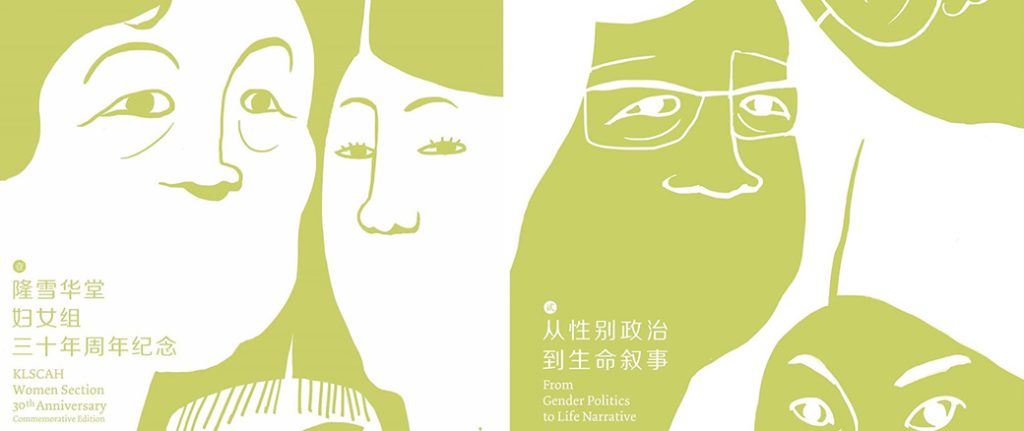Book title: 众女喧哗 ─ 从性别政治到生命叙事 (Heteroglossia: From Gender Politics to Life Narrative)
Editors: 杨洁(Yong Kiat), 张溦紟 (Cheong Wey Jin)
Publisher: Women’s Group of Kuala Lumpur and Selangor Chinese Assembly Hall
The book is a compilation of insightful articles, written in Chinese, that engage and expose readers to controversial topics, unsung ordinary woman stories, and critical gender issues in Malaysia. It reveals the dilemma and experiences faced by marginalised communities and vulnerable groups.
It consists of two main parts. The first part has seven selected issues. They are: childbirth control (chapter 1), comfort women (chapter 2), women as worker and mother (chapter 3), female political leaders (chapter 4), violence against women (chapter 5), LGBTQ community (chapter 6), and foreign female sex workers (chapter 7). It departs from the premise that ‘this is not only their issues‘(p.10). It reminds its readers that although those issues largely affected the vulnerable/ marginalized women, the value of justice should be upheld as everyone plays a role in understanding the issues for being part of a heterogeneous society.
The second part of the book departs from the premise that stories have been historically male-centered. It specifically dedicates and listens to the voices of women, through their life narratives of lived experiences. It ranges from women who are recognised as public figures, women pioneers in certain jobs that traditionally prioritised men, and to ordinary women’s accounts of their everyday lives as workers in male-dominated sector (i.e. construction and plantation). It features six heroines and unpacks their life stories through their personal reflections, descriptions, and the best of all, with their own choice of words. Personal narratives have been widely accepted and promoted in scientific research because it enables researchers to fully gauge the nuance voices, opinions and stories of women interviewees.
The book is a must read and highly recommended for those would like to pursue deeper conversation through ‘listening’ to the lived experiences of Malaysian women who represent the different societal status and visibility in the public sphere. It will benefit students, activists, and the general public who have interest in understanding women and gender issues in Malaysia and in general, in the Southeast Asia context.
Reviewed by Lai Wan Teng
Lecturer, Center for Research on Women and Gender (KANITA), Universiti Sains Malaysia, Penang, Malaysia.

